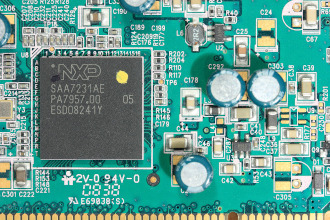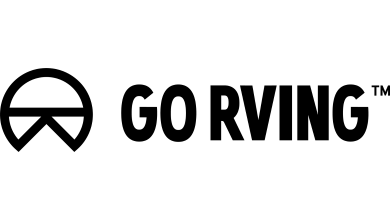Car Prices Easing as Supply-Chain Issues Fade

The US new-car market is returning to pre-pandemic norms as supply-chain issues resolve, forcing carmakers to ramp up deals to sustain sales growth.
The annual pace of new-car sales likely rose to 15.6 million in June, from 13 million a year ago, according to the average forecast of seven market researchers. Cox Automotive raised its full-year forecast to 15 million, from 14.2 million in March, as deliveries to businesses and rental-car companies, which evaporated during pandemic scarcity, rebounded.
“Pent-up demand from individuals and business that couldn’t find product last year is now being unleashed,” Charlie Chesbrough, senior economist at Cox, said on a call with reporters this week. “Not only has supply returned to the market, but so has discounting.”
Car prices have skyrocketed in recent years from a confluence of factors. For two years auto manufacturers and dealers took advantage of tight inventory due to supply problems to jack up car prices. That fueled inflation and triggered interest rate hikes, which together bumped up the overall cost of owning a car.
Meanwhile, more mass-market models sell for premium prices as carmakers stuff vehicles with expensive tech features and luxurious interiors. For their part, electric vehicles, which are gaining in popularity, tend to cost more than combustion cars because of their expensive lithium-ion batteries.
Now that the semiconductor shortage is easing, manufacturer incentives are making a comeback and prices are starting to ebb, albeit slowly. Incentives made up 4.2% of the sticker price on a new car on average as of May, up from 2.4% last October, and are poised to keep climbing, according to consulting firm AlixPartners.
The average price of a new car was $47,892 in May, down 1.3% from its peak in December, according to Edmunds.
Click here to read the full report from Gabrielle Coppola in Bloomberg.


